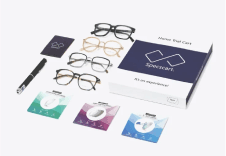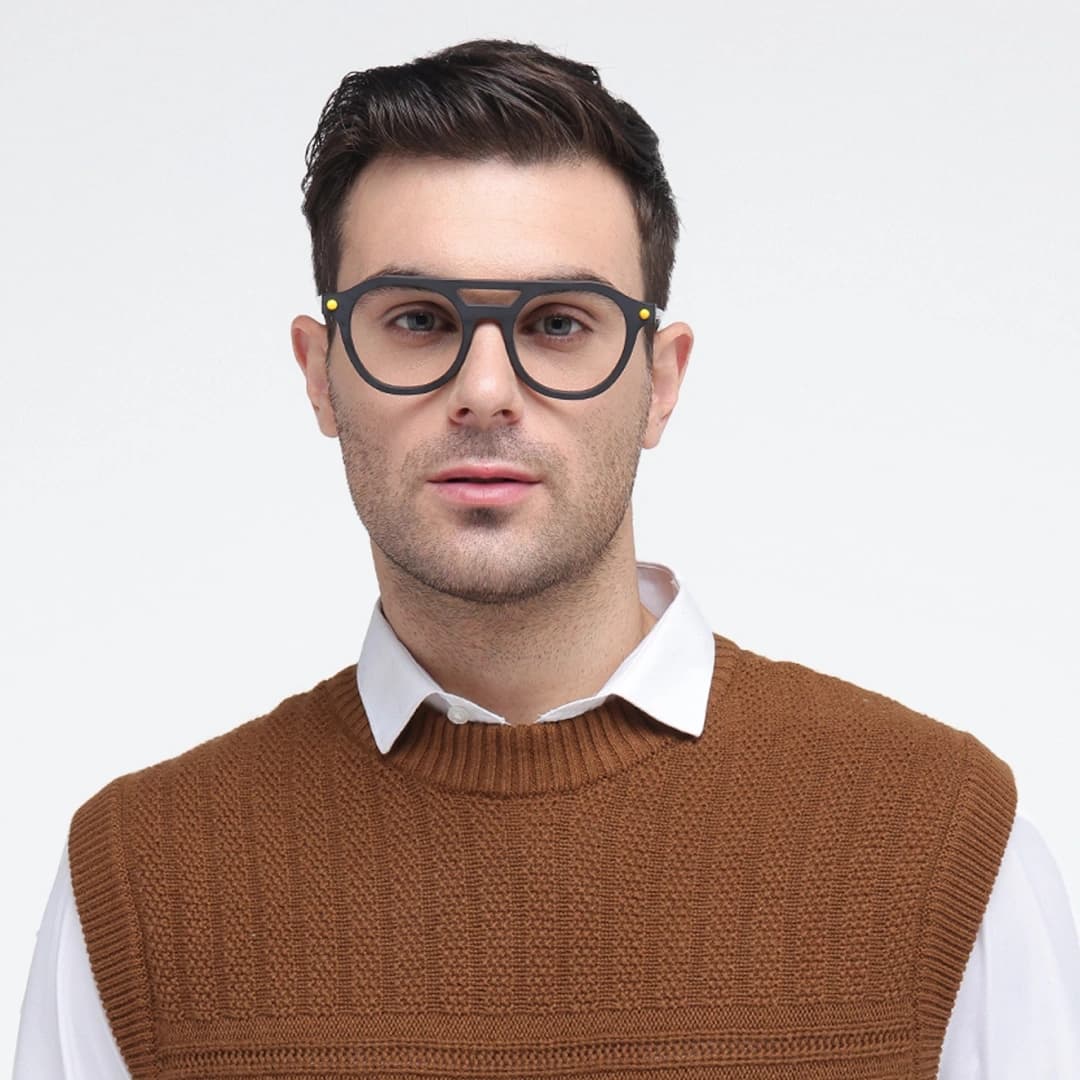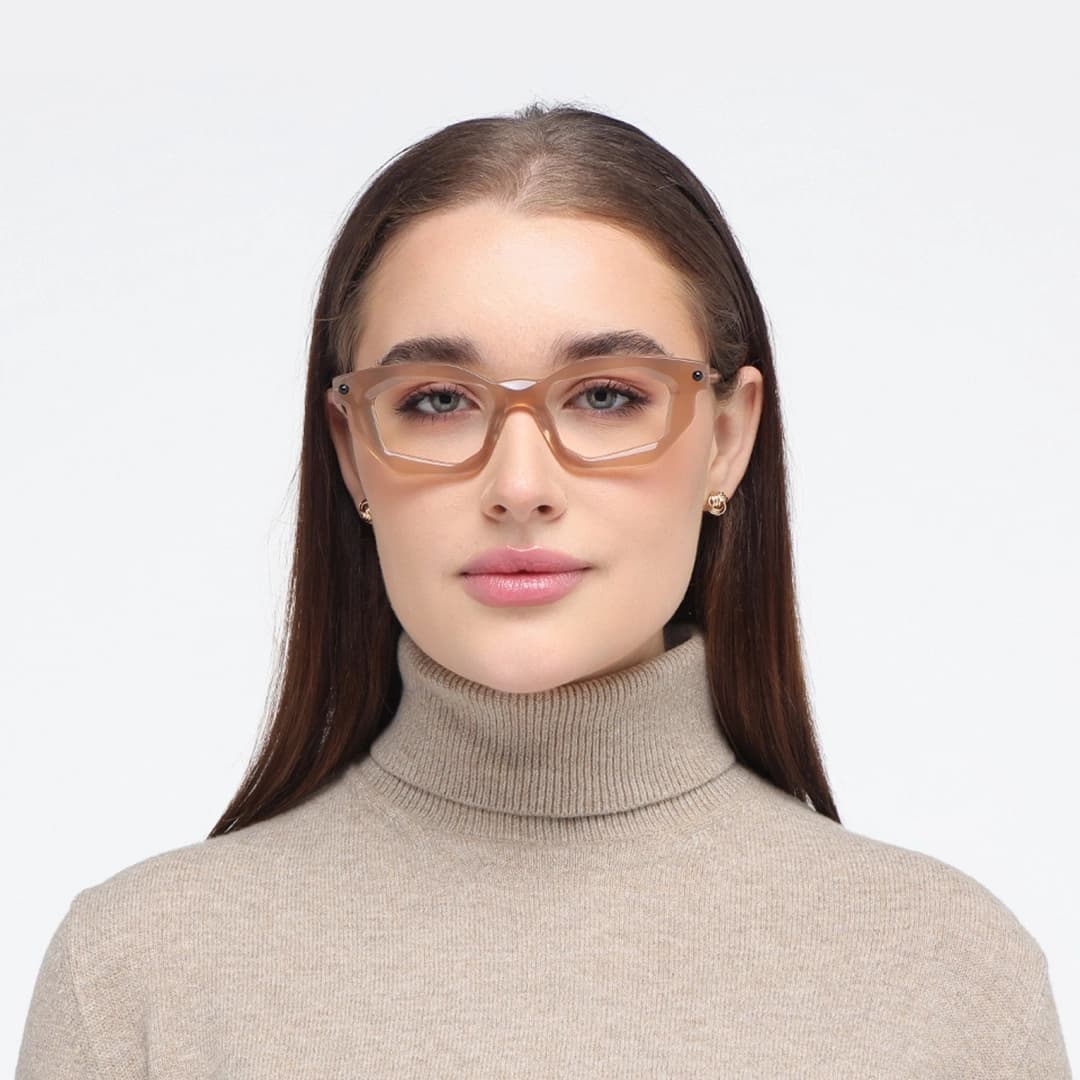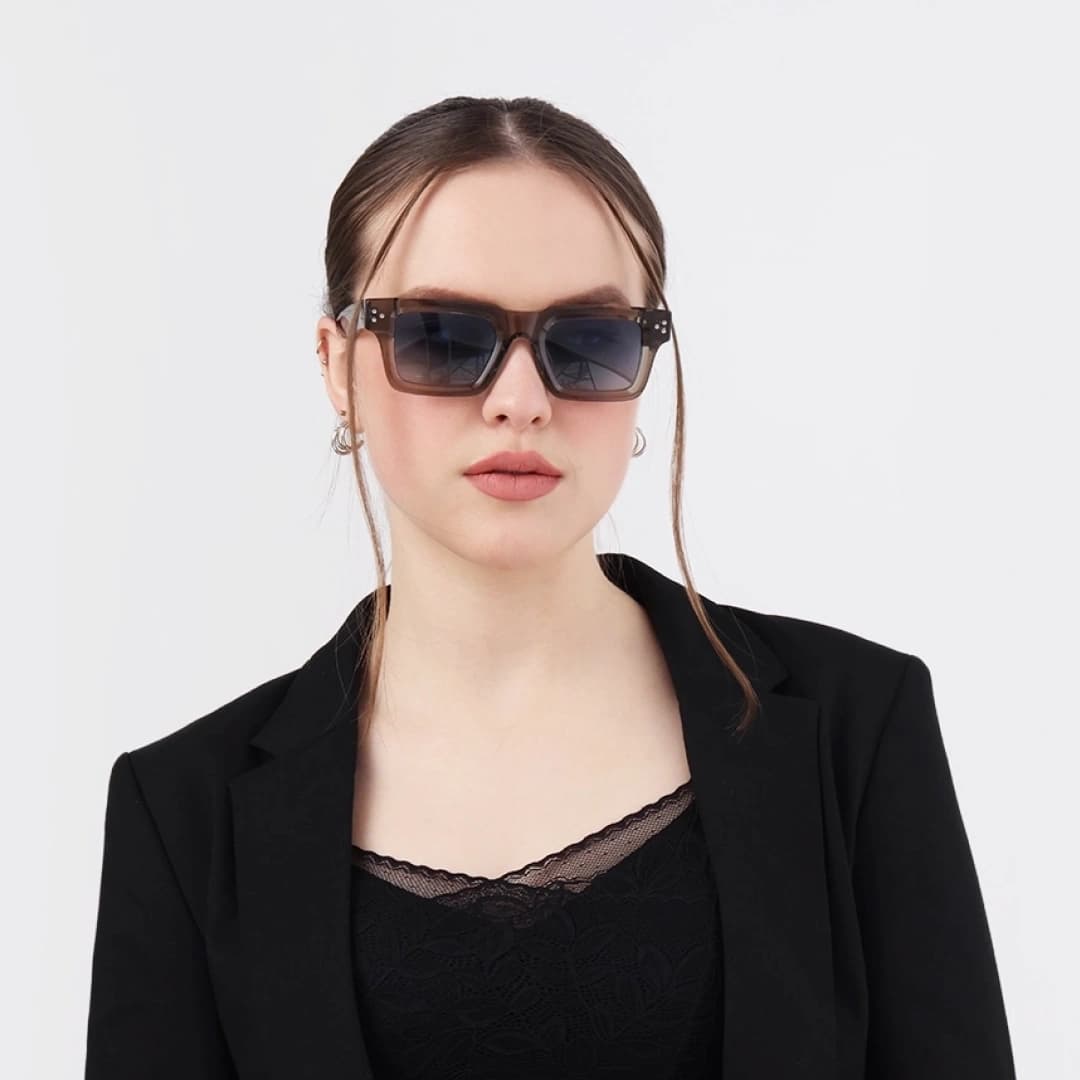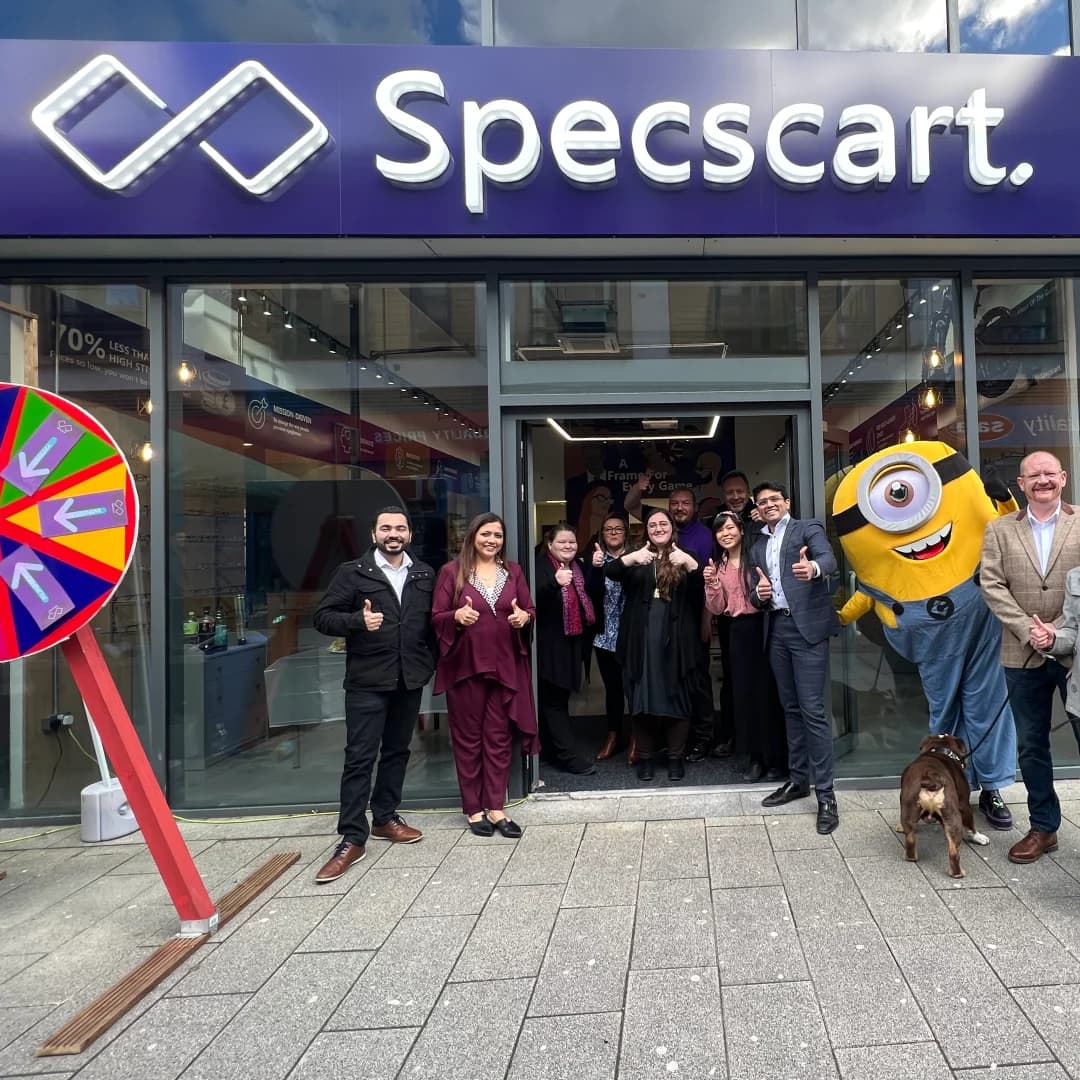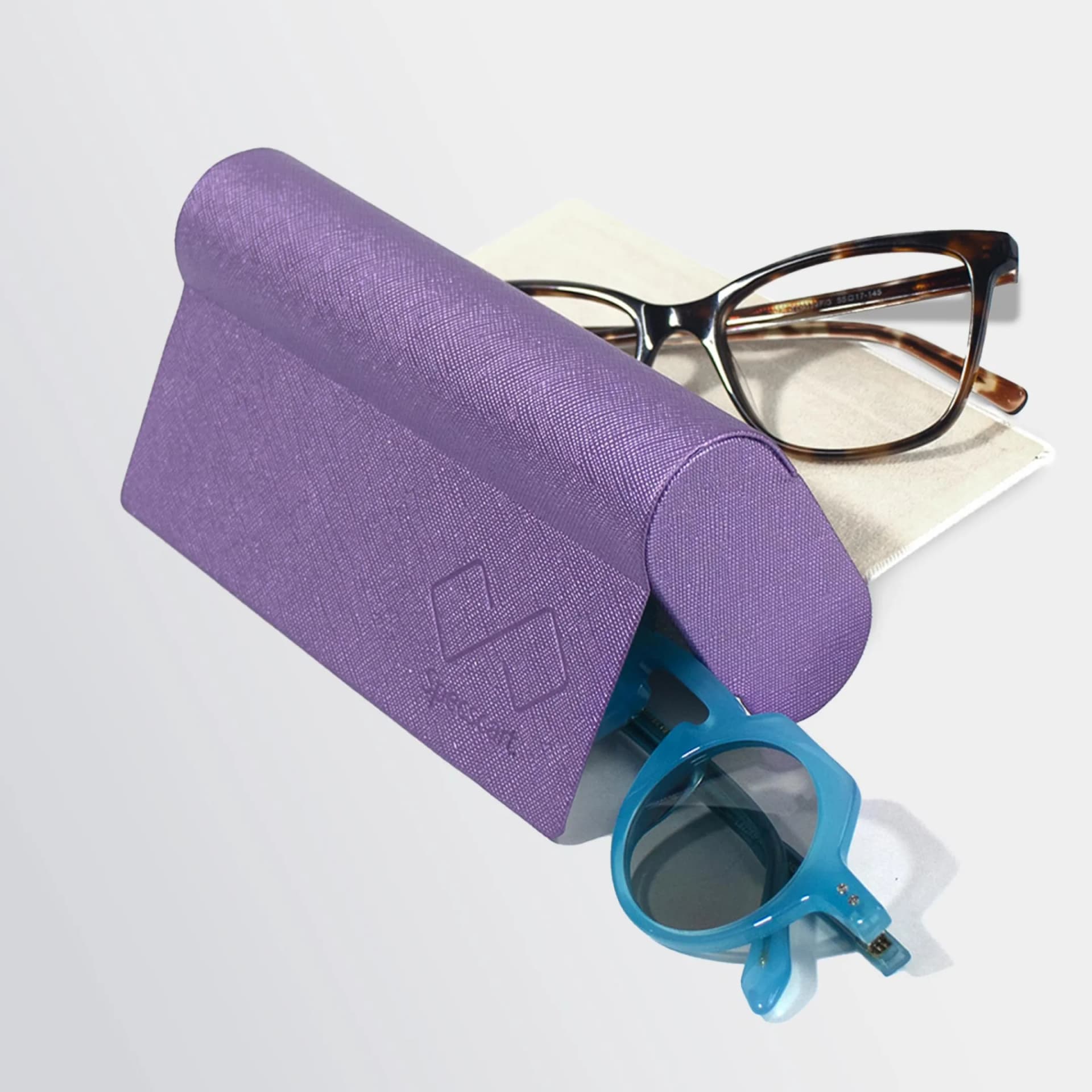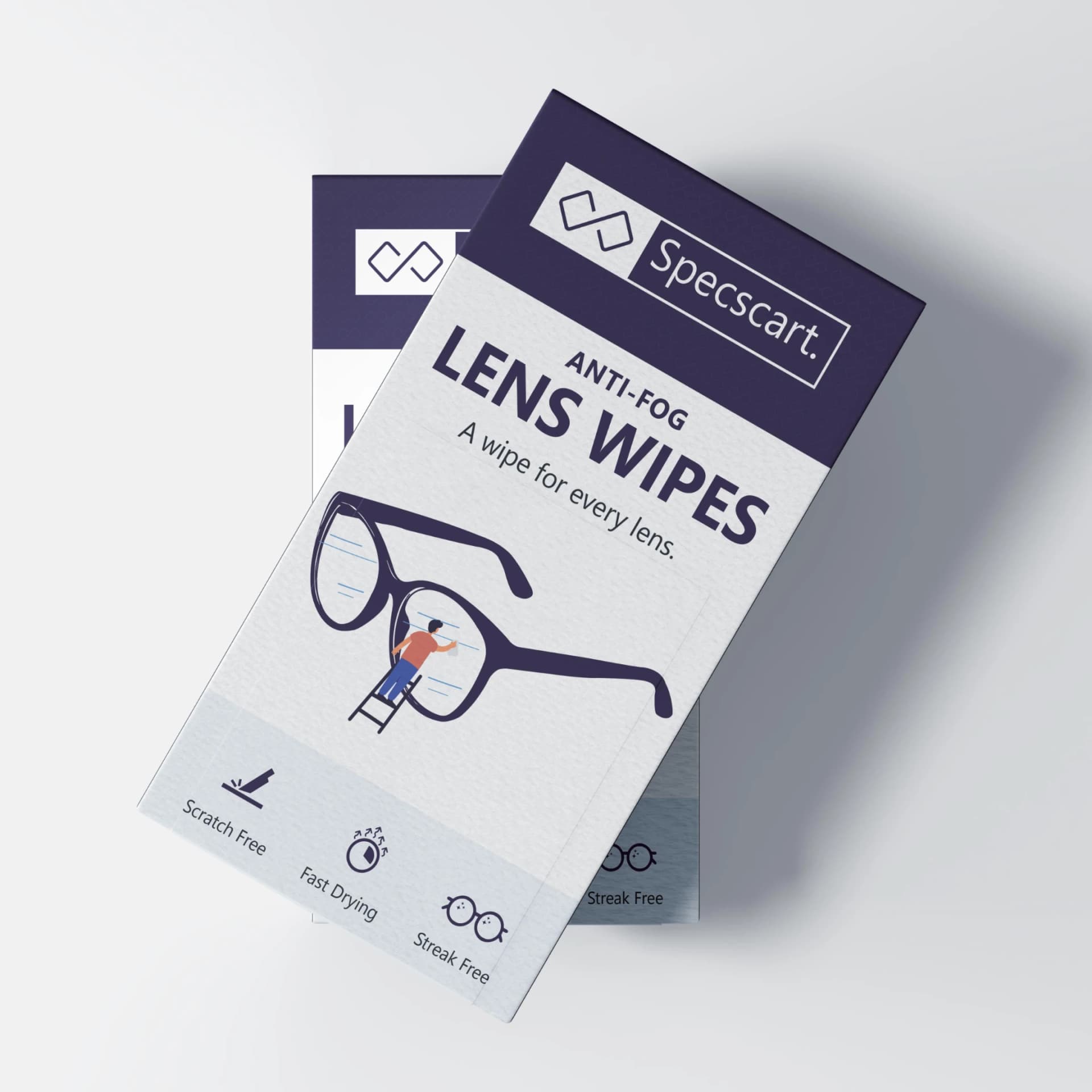Everything You Need to Know About Progressive Lenses for Pilots

Content Manager
Progressive glasses, also known as varifocals, are a marvel of optometry. They offer three different vision fields, enabling the wearer to see distant, near, and intermediate objects seamlessly through a single lens. Unlike bifocal lenses, these lenses have a seamless look, without any bifurcating line on the lens. People above the age of 40 years need progressive lenses to correct presbyopia. But that’s not just it, Varifocal lenses also have usage and importance in specialised professions.
Pilots, whether they are professional or amateur, need eyeglasses to see clearly. Needless to say, the demand and tenuous profession of pilots mandate that they wear spectacles that offer clear vision, both at distance and close range. This is no easy feat, as visibility and lighting conditions above the clouds are extreme as well as erratic. In such a context, progressive lenses for pilots come to the rescue. In this blog, let’s uncover everything about the same.
What are Progressive Lenses for Pilots?
Sooner or later, vision problems catch up with pilots, as well. There comes a time when even pilots can no longer see distant objects and those at close range with the same sharpness and acuity. For pilots, such vision deterioration can become a major problem, and even a potential hazard.
However, progressive lenses have become the tried-and-tested solution for combating near and distant vision problems among pilots. Varifocal glasses for pilots are created to provide razor-sharp vision, allowing them to see distant objects, such as towers and air traffic, as well as nearby things, like instrument displays in the cockpit.
What is the Right Time to Opt for Progressive Lenses for Pilots?
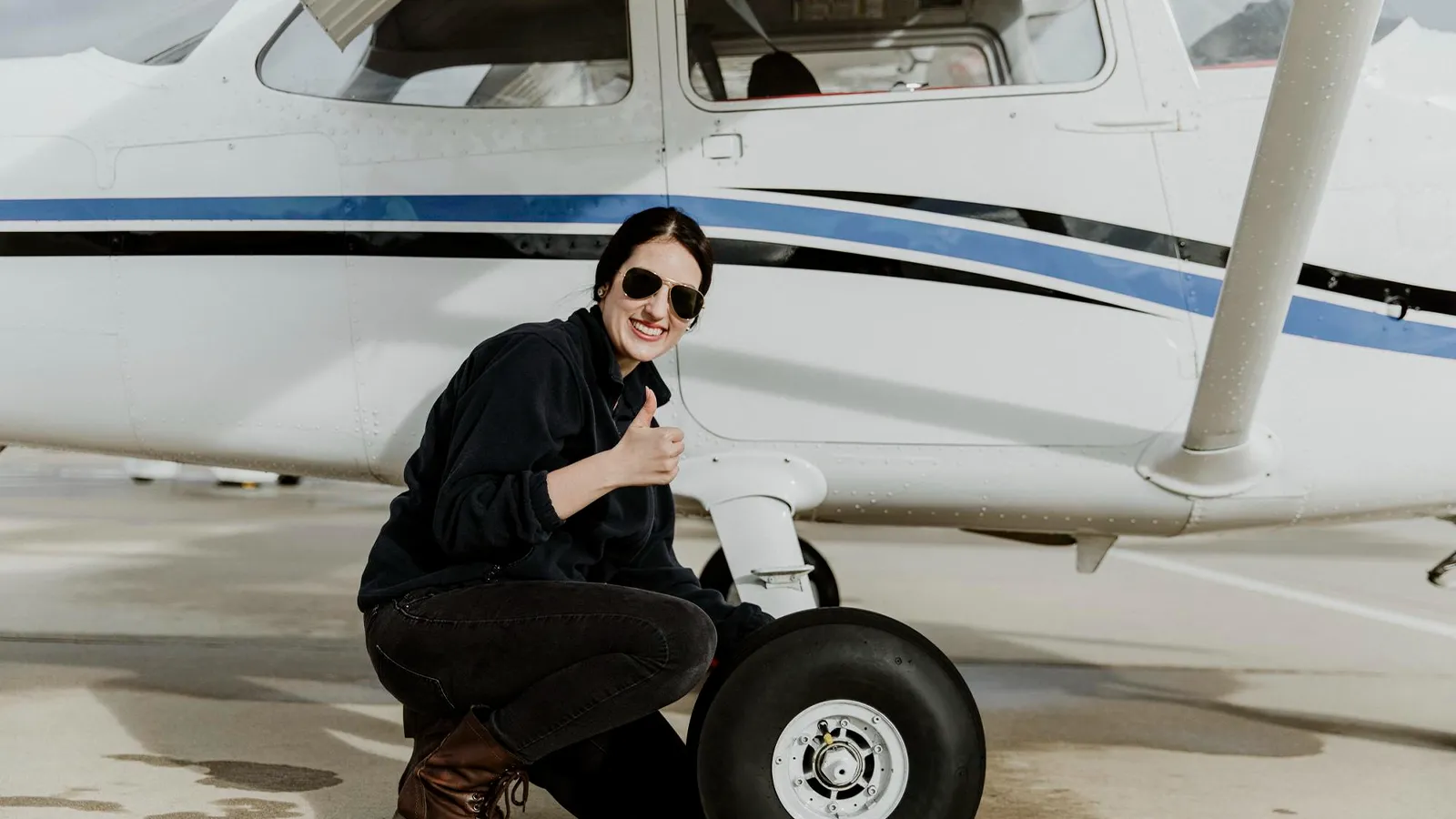
Pilots who are over 40 years of age and cannot focus on near objects with a single vision lens should consider getting a progressive lens. Suppose you observe that the distance far away is much clearer and gets incredibly hazy while adjusting your eyes on the nearby screens in the cockpit. In that case, it is a clear signal that you should visit your trusted optometrist and discuss progressive lenses for pilots. High-tech varifocals will ensure that you can focus on everything inside the cockpit as well as far away by simply tilting your head in a specific direction.
Things to Remember While Choosing Progressive Lenses for Pilots
The frames for varifocal glasses should be bigger than normal. They have the proper height to ensure that the different zones aptly fit inside the glasses. The usual recommended height is 40mm, but the numbers are always subjective.
The temples of the pilot lenses should also be thin and not too far away from the head to ensure a smooth transition and clearer vision across different distances.
Spectacles for pilots should be incredibly comfortable to wear for long periods and not be tight against the head.
Things to Avoid While Buying Progressive Lenses for Pilots
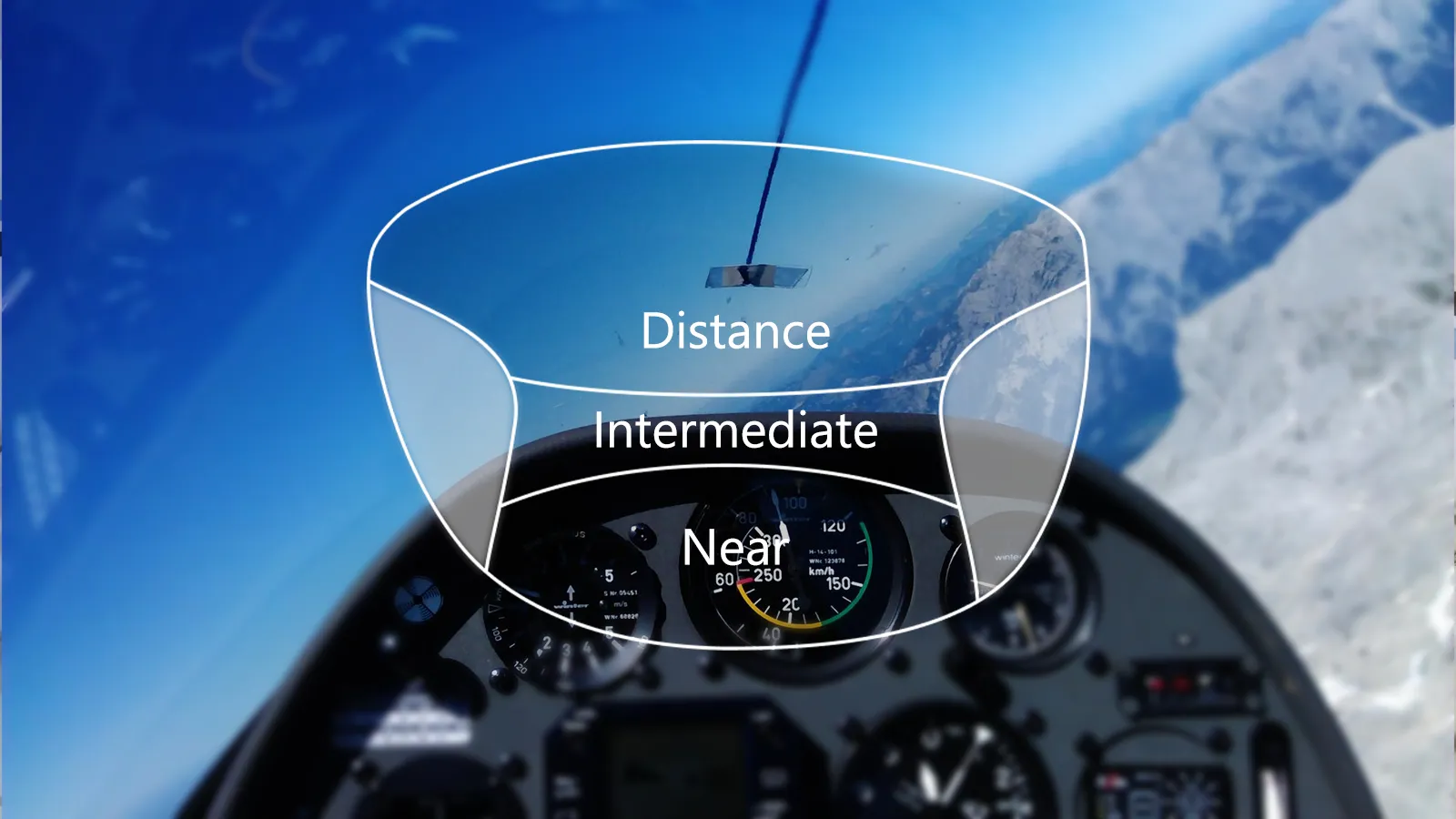
While buying progressive lenses for pilots, it is best to check carefully and avoid certain things. What are they? Let us find out!
Avoid polarised progressive lenses. The information that a pilot receives during their flight is highly dependent on the screens inside the cockpit. Thus, it is best to stay away from polarised progressive lenses, as they could mess with the colours on the screens.
Always choose lenses with anti-reflective coating. Cockpits have a lot of lights that could be reflected from the back surface of the progressive lenses into the eye. Thus, when opting for varifocals, it is important to consider lenses with anti-reflective coating.
Wrapping It Up
So, there we have it, a crisp overview of progressive lenses for pilots. The duty of flying a plane is incredibly daunting and comes with responsibility. Therefore, pilots must be equipped with the best tools that streamline their jobs. Progressive lenses can make the lives of pilots easier and ensure safer and more efficient flying. At Specscart, we bring the latest technology in varifocal lenses customised according to the wearer's vision field to offer a seamless viewing experience.
Caution: You may become style obsessed
Your way finder
2000+ Trendy Styles

Fashion Forward Sunnies




















